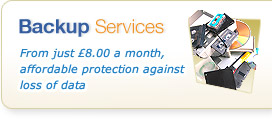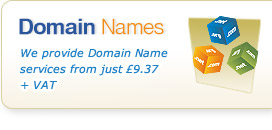Knowledgebase & FAQs

<< Back to FAQs in this Category
E-Mail Services - E-Mail Essentials Standalone Packages
Assistance on using the e-mail packages, sending e-mail and using the Web Mail service
I've received an email saying my email / computer has been hacked and demanding payment
We've seen a lot of these messages recently (October 2018) which attempt to con recipients into paying, despite the suggestion that they have access to your email / computer being completely false.
The messages vary, but they tend to suggest that the sender has gained control of your computer, has installed malware on there, and has been monitoring what you've done on there. It may suggest you've been visiting adult websites. The message may include a password that you've used somewhere online to attempt to prove that they have access to your data. Payment is generally requested via bitcoin.
The suggestion that your email / computer has been compromised is a lie, they're simply hoping that you'll believe it's true and make payment to fix the issue.
The only element which can have an element of truth is where they include a password in the message which you've used somewhere in the past. This doesn't mean they have access to your computer, simply that the place where you previously used that password - typically a website - has at some point been compromised. The sender will have a list of email addresses and the passwords associated with them on the website, and will then use this to send an email out to each of those email addresses with the password included in the hope that it may convince recipients that the sender knows more than they actually do.
Many people use the same password in multiple places, and the sender is aware of this and the fact that you may recognise it as a password that you use (you may even use it on your local machine or your email), while not knowing precisely which websites use it.
If you do recognise the password as one you actively use, it's important to make sure you reset your password on any sites/services that use it. If you've only used that particular password on one website then it's straight forward, and it's a good bet that that's the website which was compromised. If you use it on multiple sites you need to reset all of them, since one of them may have been compromised. We'd advise setting each of them to something unique, and not picking a new generic password to use on all of them.
Some of the examples we've seen have included passwords which were used as much as 10 years ago, so if you haven't used the password in a long time and you already routinely update your passwords, it's possible it's no longer being used anywhere actively.




